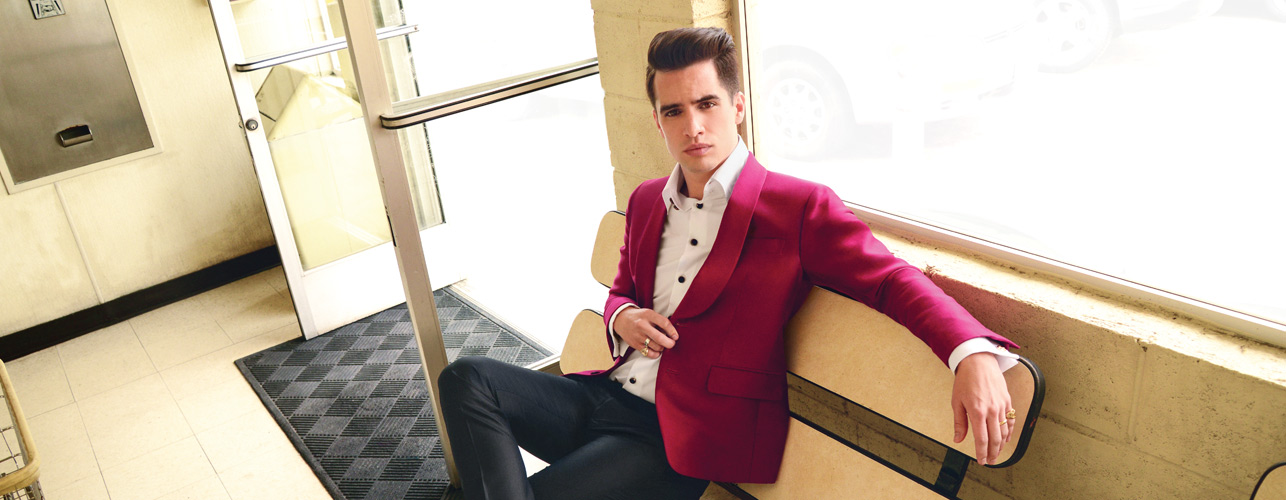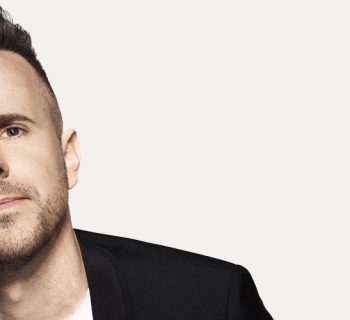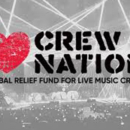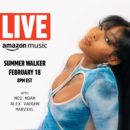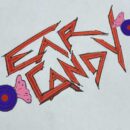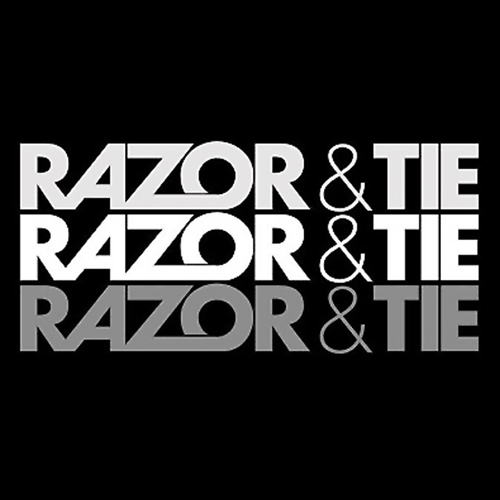 RAZOR & TIE RECORDS
RAZOR & TIE RECORDS
Nick Haussling, Senior Director, A&R
Contact: Label website
razorandtie.com
Nick Haussling’s story is a classic. He literally started in the mailroom at Geffen Records in 1997, moved into A&R at Giant Records in 1998 and ended up at Warner Bros. Records for 14 years. At WBR, he signed and worked with Disturbed, Avenged Sevenfold, Art of Dying, Mastodon, Cavo, The Veronicas, Seal, Kenny Wayne Shepherd and Steely Dan. Last year, Haussling moved to Razor & Tie, one of the largest privately owned independent music labels in North America.
Is your job any different at an indie like Razor & Tie?
There is a significant difference from Warner Bros. At major labels you don’t always have access to the decision makers and there’s a lot more bureaucracy to deal with. Here, I have direct access to the president and owner, which makes everything more fluid and signings easier.
You have a distinct rock background, but it’s no longer a dominant genre. How have you adapted?
Rock has loyal and devoted fans. There’s still an audience for it and rock acts do well on tour. In fact, this label is currently having success with a new rock band called Red Sun Rising. But, I’m also open to other genres. What I’d really like to find is something left of center, no matter what the genre.
How do you evaluate artists?
It’s a combination of things, but it all starts with the music. I then balance that with the data aspect (online research) to determine if there’s a chance for success. If it looks good, I like to see the act play live and get to know the artist.
Does an act need to be accomplished?
Accomplishments are very important in this day and age. Artists have a lot of tools at their disposal and they should be using them. They need to work at it and get results if they want to take it to the next level.
Would you consider developing an act?
At this label I would be open to it. At major labels you usually don’t have the time to do it. But Razor & Tie is about artist development, which I love.
How important is the artist’s team?
They’re super important. Everyone has to get along and work together. So, a strong team is imperative. Most artists need to be team players too. They can’t live in a creative bubble unless they have very strong management (like The Beatles had with Brian Epstein).
What about live shows and performance skills?
For me, they’re very important. I like great performers, not just good players. I want to see a high-energy performance—something that excites a crowd.
Is social media activity important?
It depends on the act. Some acts appeal to social media better than others. But, I’m not impressed by numbers alone—a lot of likes or views. I need to see real engagement, some interaction between the artist and fans. If that’s missing, it indicates a disconnect and that worries me.
What type of deals do you offer?
We’re pretty creative. It depends on the situation and what works for the act and the label. We don’t just do 360 deals with every act.
What’s your opinion regarding streaming sites like Spotify and Apple Music?
I think they have their place. They can be effective promotions for artists. And rock and heavy metal are doing well on those sites.
What would keep you from signing an act?
Bad songs or a bad attitude. Also if there’s nothing different about them, nothing that makes them stand out, that would stop me from signing them.


